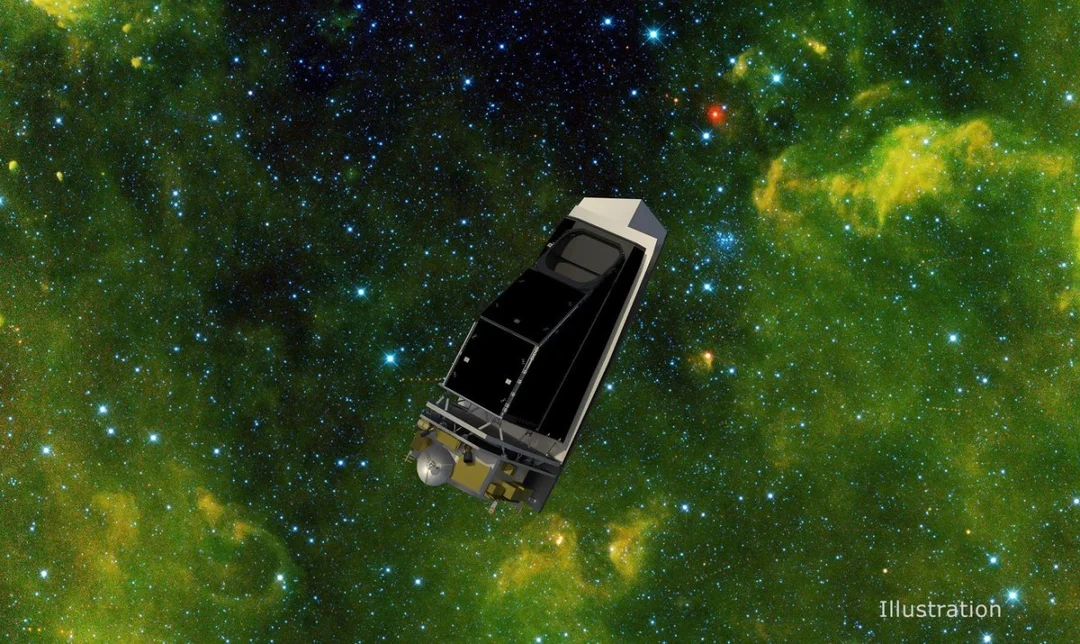
NASA’s Asteroid Defense Faces Budgetary Meteor Shower: Key Mission at Risk?
A recent House hearing on asteroid threats quickly shifted focus from planetary defense to a looming danger of its own: proposed NASA budget cuts. While NASA's efforts to track and potentially deflect hazardous asteroids are gaining public recognition, a potential 24% budget reduction in fiscal year 2026 threatens to undermine this critical work, particularly the Near Earth Object (NEO) Surveyor mission.

The hearing, held by the House Science Committee’s space subcommittee on May 15th, centered on NASA's $276.6 million planetary defense budget request for 2025. A significant portion of this funding is earmarked for the NEO Surveyor, an infrared space telescope designed to vastly improve asteroid detection capabilities. However, the proposed budget cuts looming on the horizon have cast a shadow of uncertainty over the mission's future.
Representative Valerie Foushee (D-N.C.) voiced strong concerns, arguing that the proposed budget "would strip away NASA’s storied leadership, disrupt decades of progress in U.S. space exploration and cripple the agency’s ability to pursue bold and ambitious goals going forward."
Rep. Zoe Lofgren (D-Calif.) further highlighted the potential ramifications, questioning whether other crucial agencies, also facing cuts, would be available to respond effectively should a hazardous NEO be discovered on a collision course with Earth.
Nicky Fox, NASA Associate Administrator for Science, acknowledged the uncertainty, stating, "We have not seen any details on the missions or any direction on the missions other than the Mars Sample Return program and Landsat Next." The fate of NEO Surveyor remains unclear, with Fox and Professor Amy Mainzer, who leads the mission at the University of California Los Angeles, acknowledging that they are awaiting further budget details to assess the potential impact.
Despite the budgetary concerns, Mainzer remains optimistic about the progress of NEO Surveyor. In addition to her work on NEO Surveyor, Mainzer also consults on Hollywood productions, including Netflix's "Don't Look Up," demonstrating a commitment to public outreach and science education. She also serves on the meteorite collection committee at UCLA, emphasizing the educational value of these celestial objects.

The potential budget cuts have also led to a pause in NASA's Research Opportunities in Space and Earth Science (ROSES) solicitation, a key source of funding for research grants. This decision reflects the uncertainty surrounding future funding levels, raising concerns about the long-term impact on scientific research.
The hearing underscored the importance of planetary defense and the critical role of missions like NEO Surveyor. However, the looming budget cuts raise serious questions about NASA's ability to effectively protect Earth from potentially catastrophic asteroid impacts. Will the agency be able to maintain its commitment to planetary defense in the face of these challenges?
What are your thoughts on the importance of funding planetary defense missions? Share your opinions in the comments below.